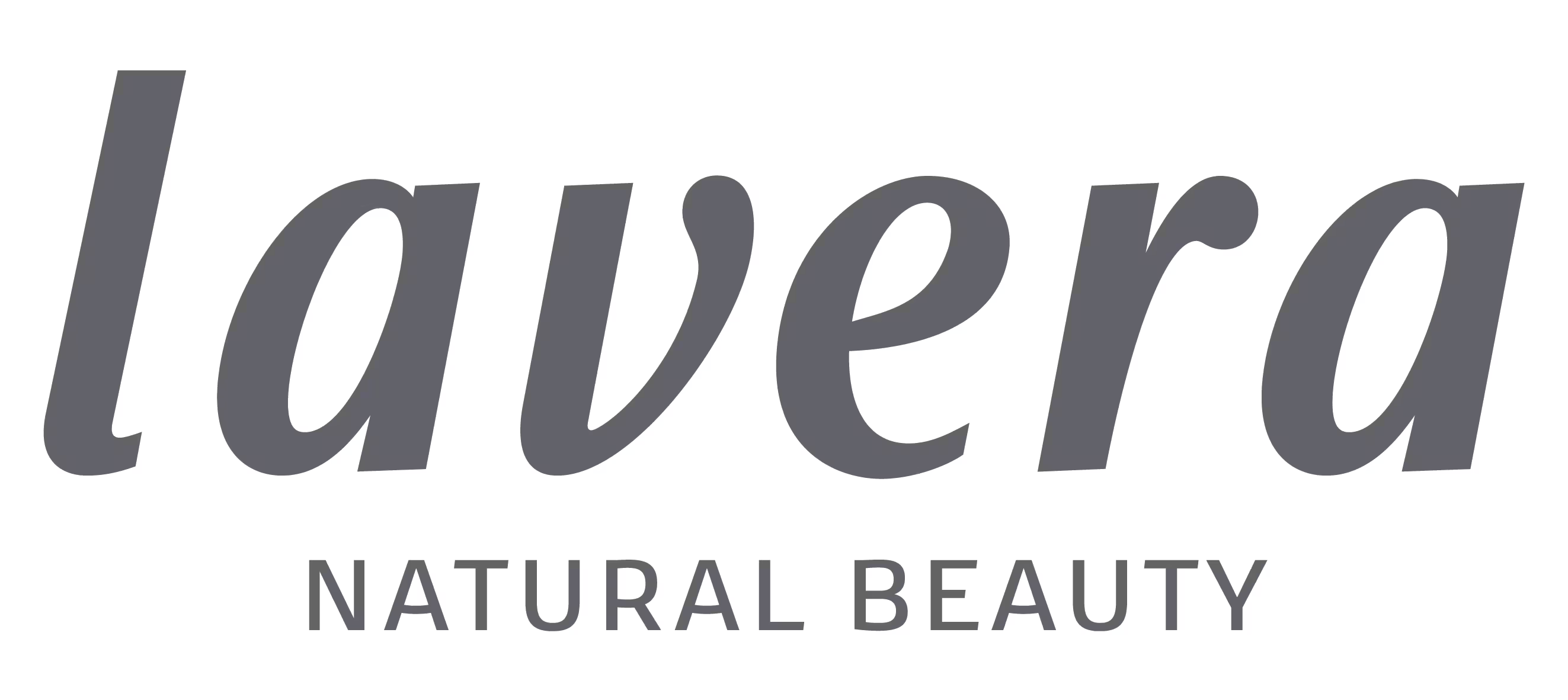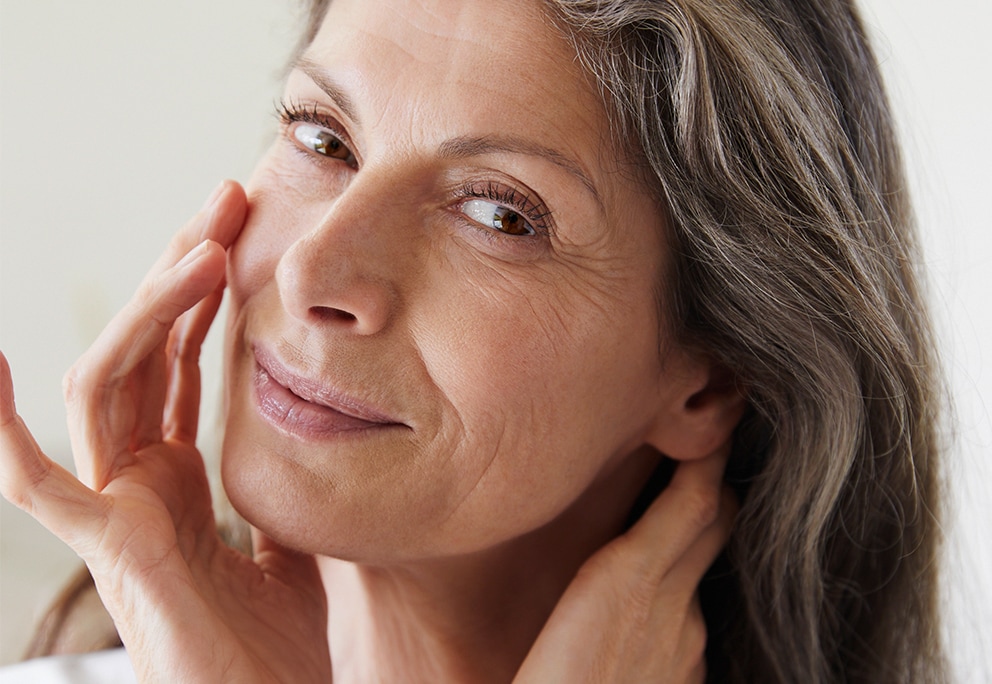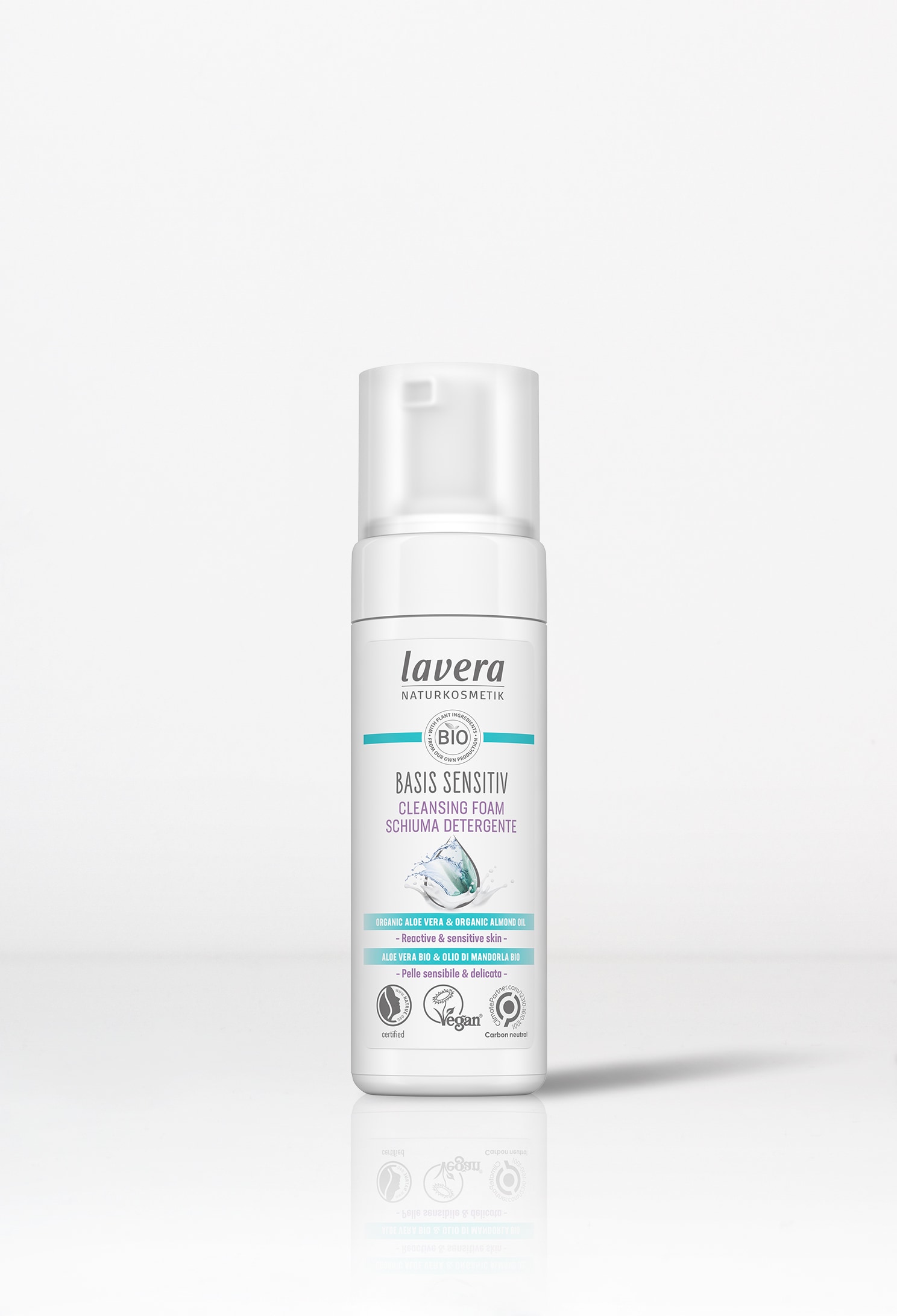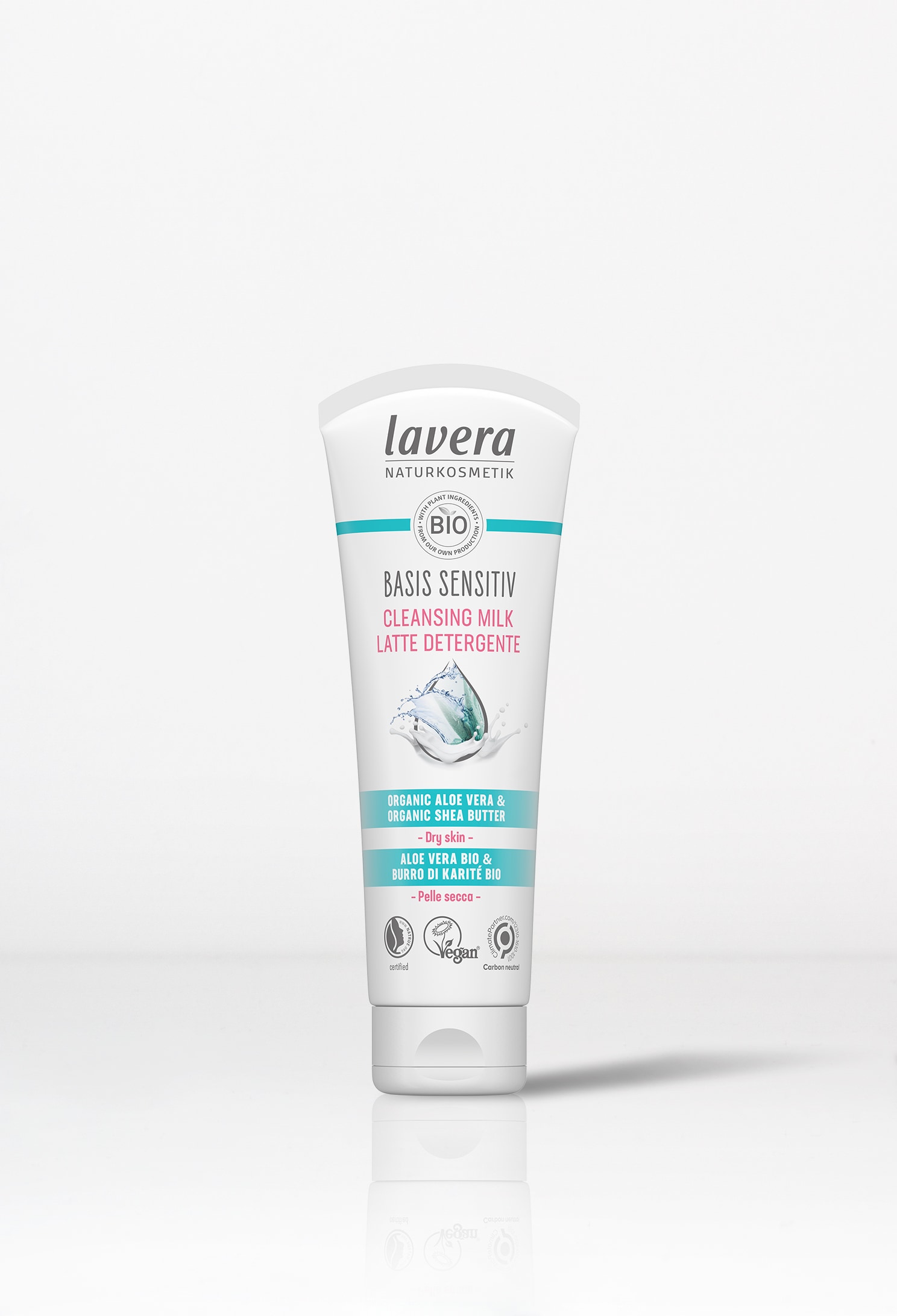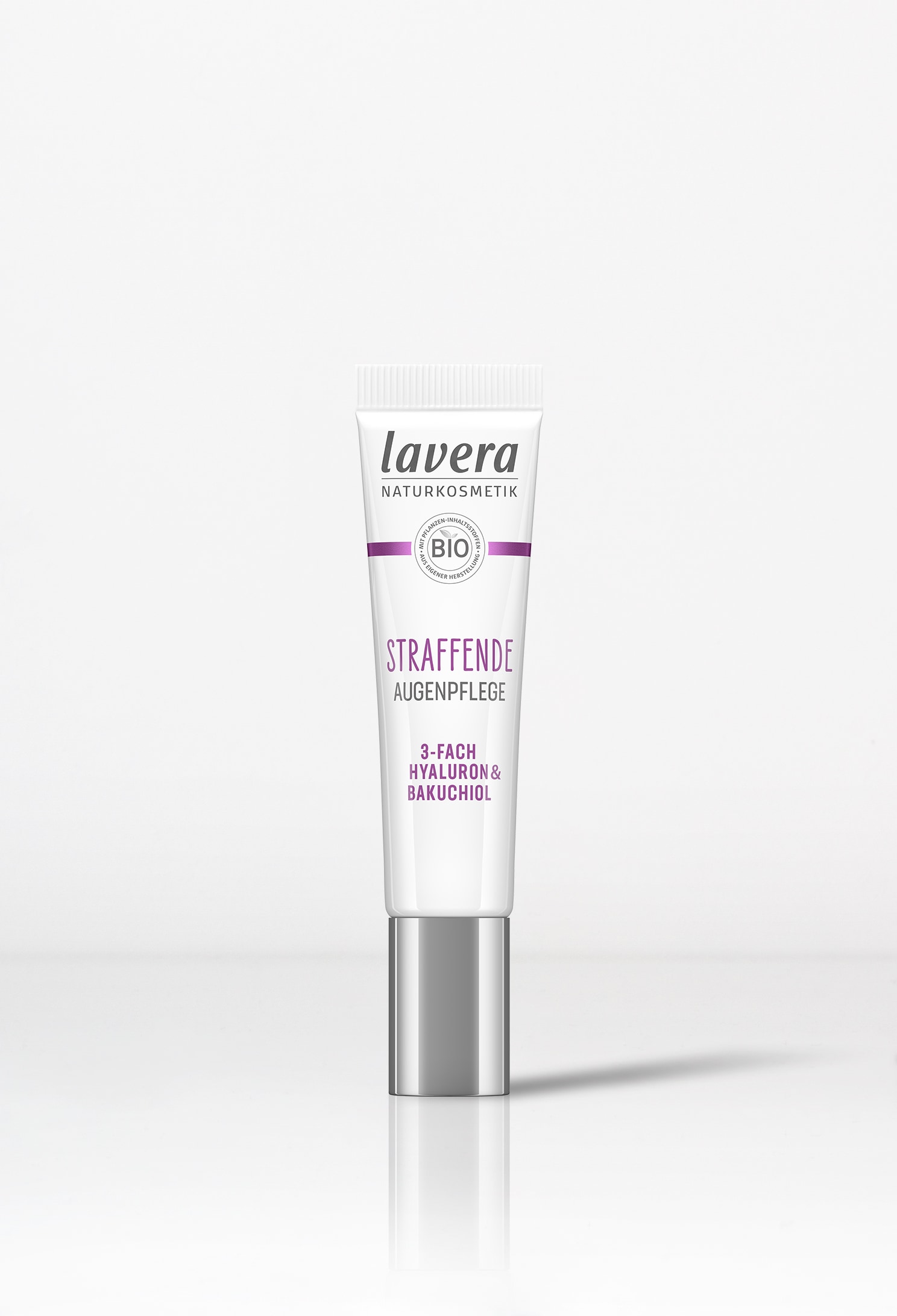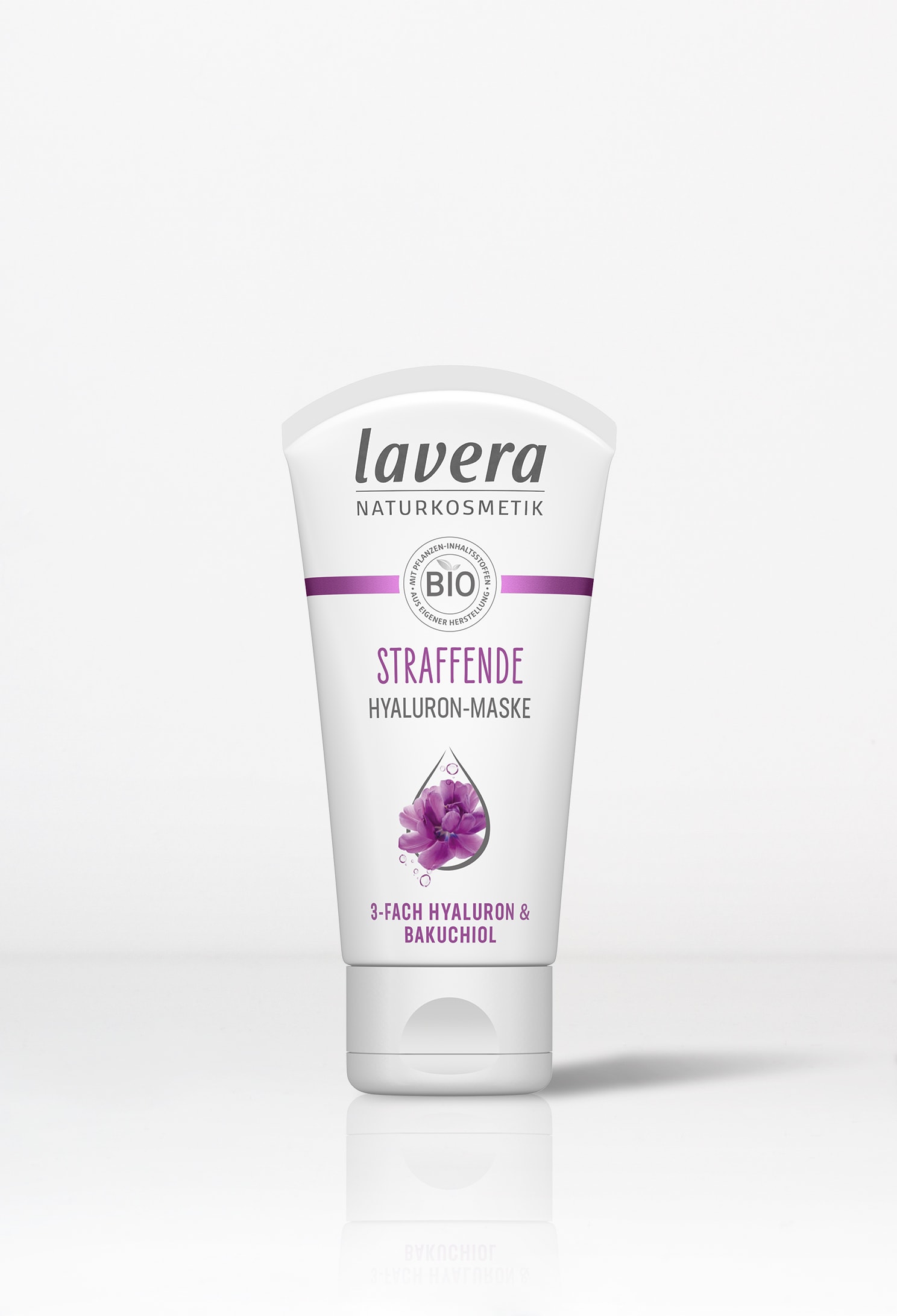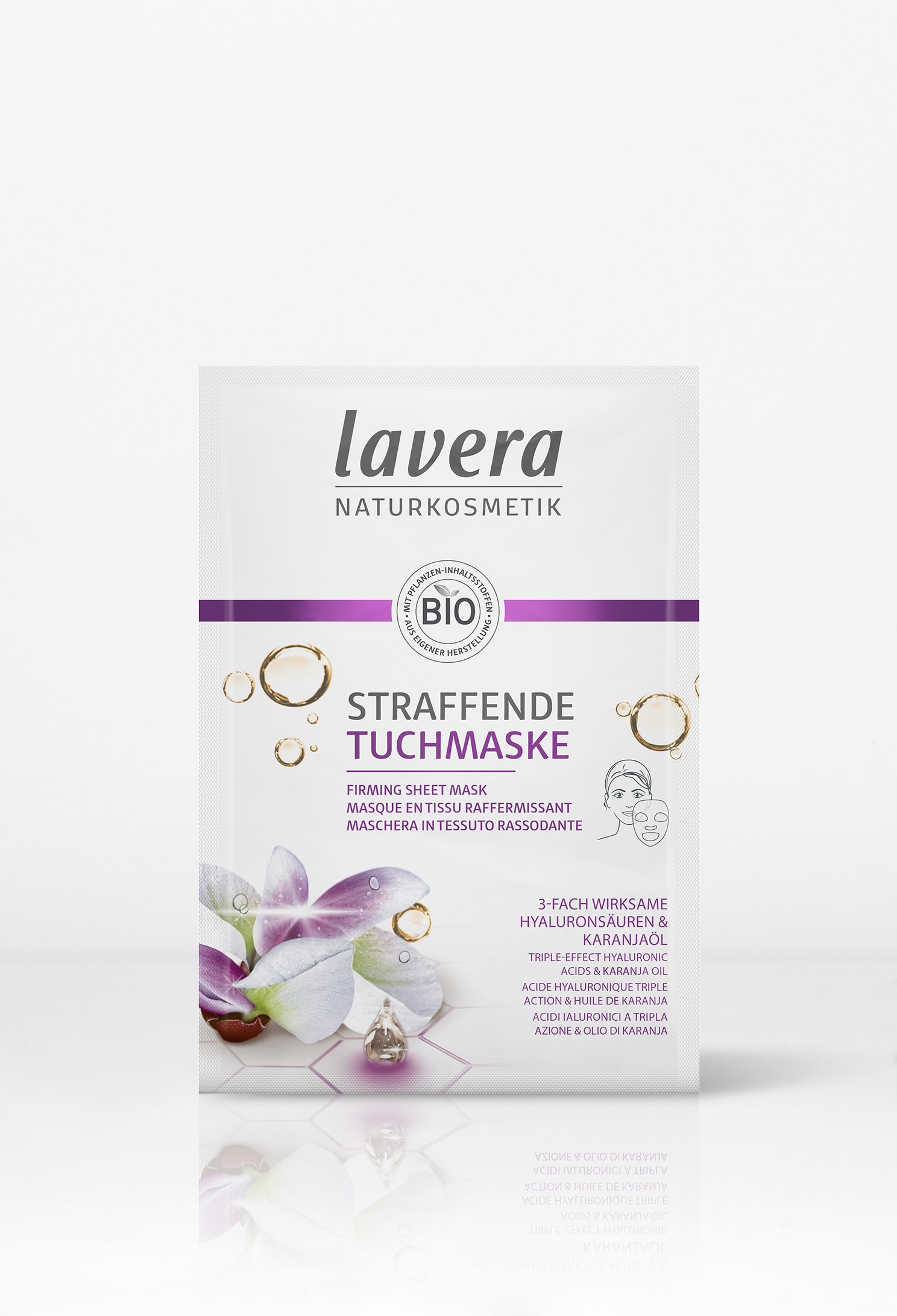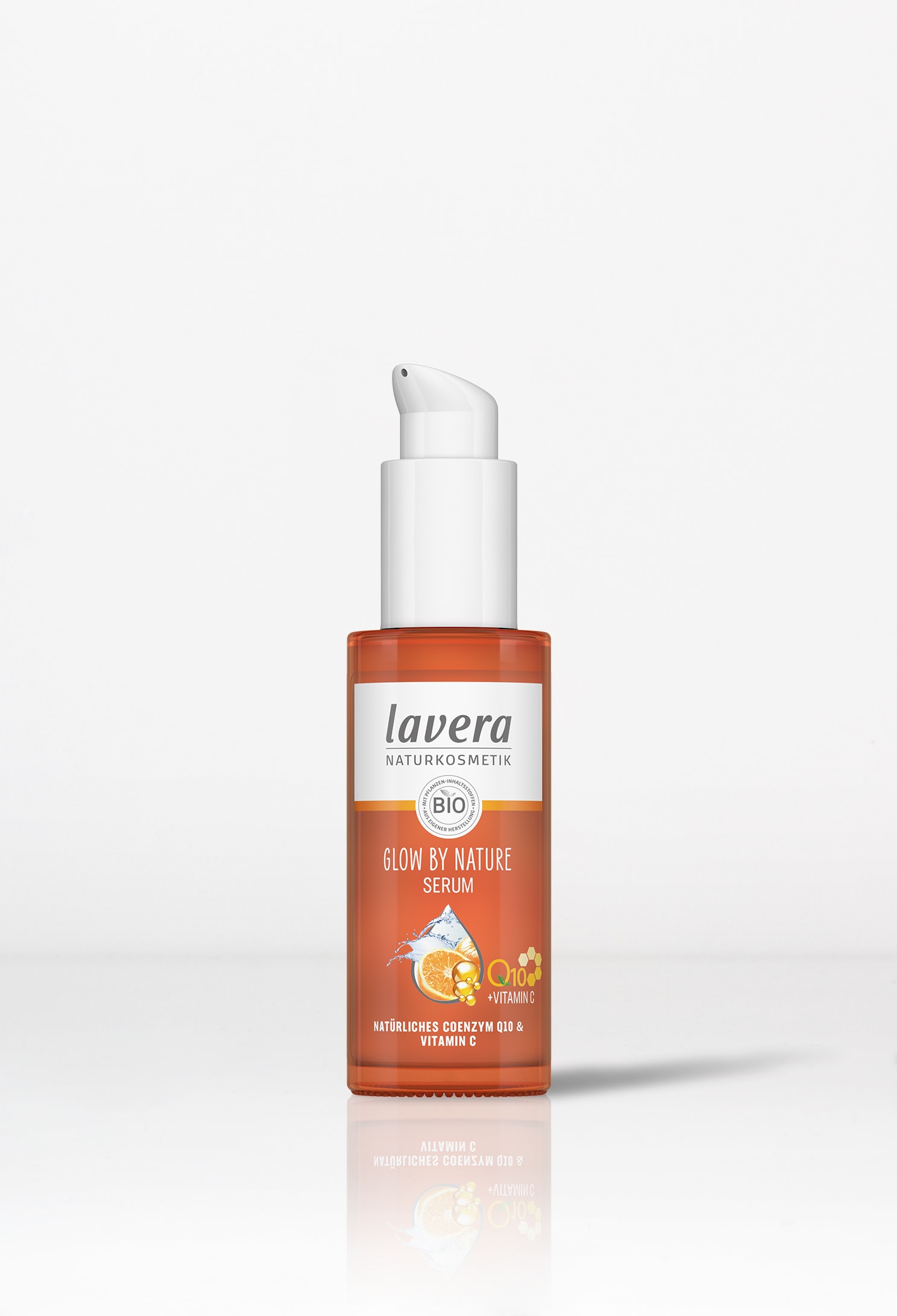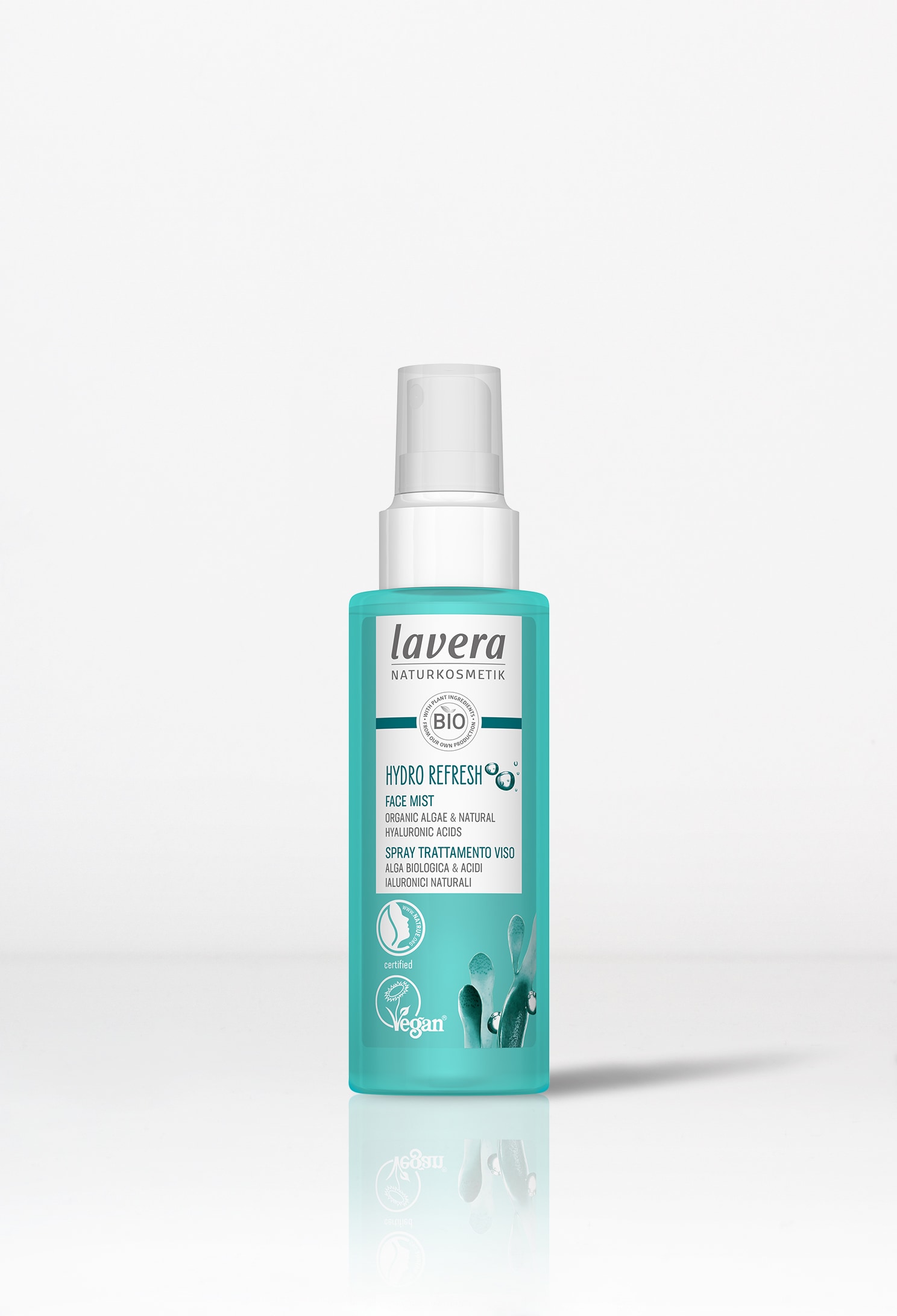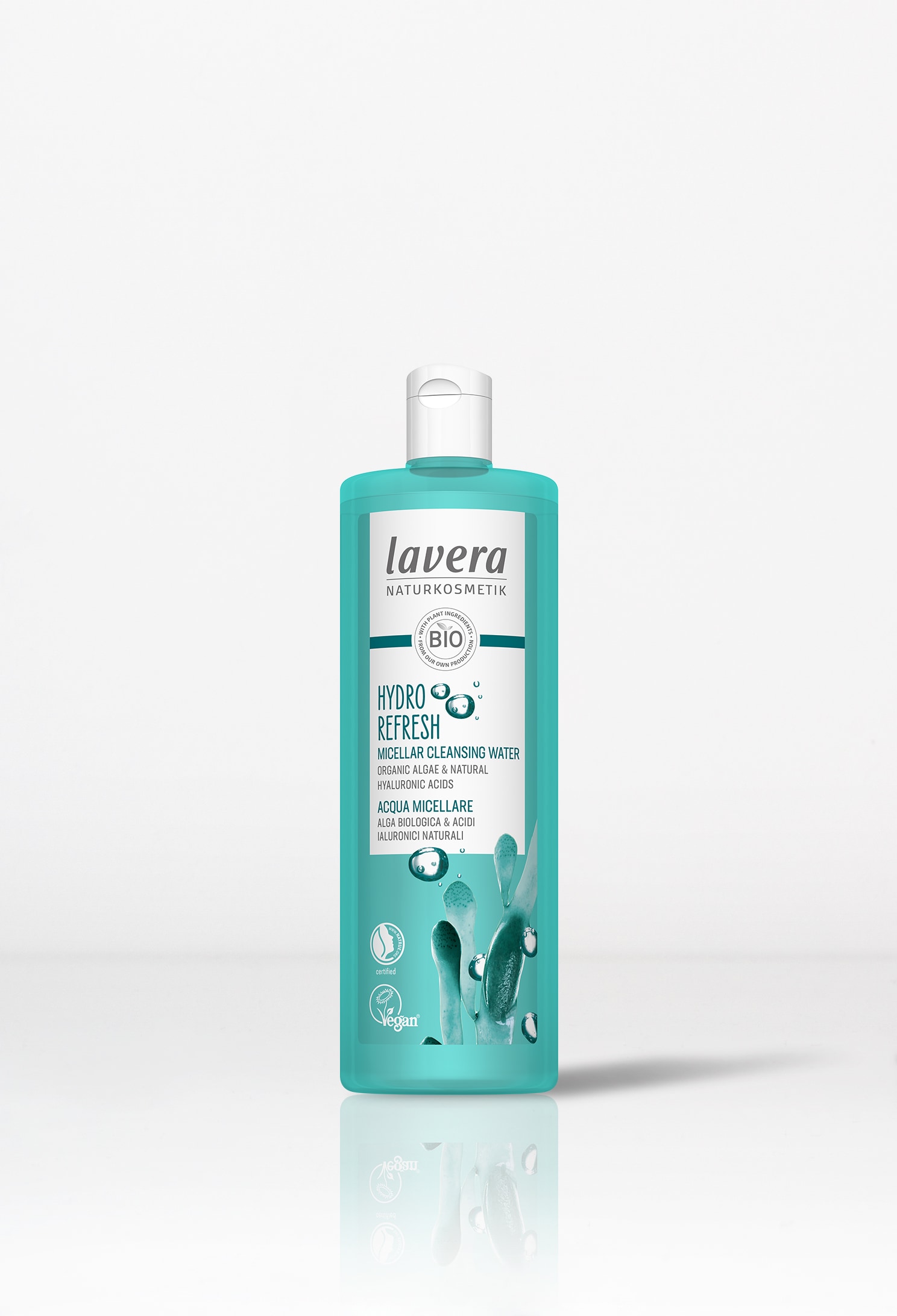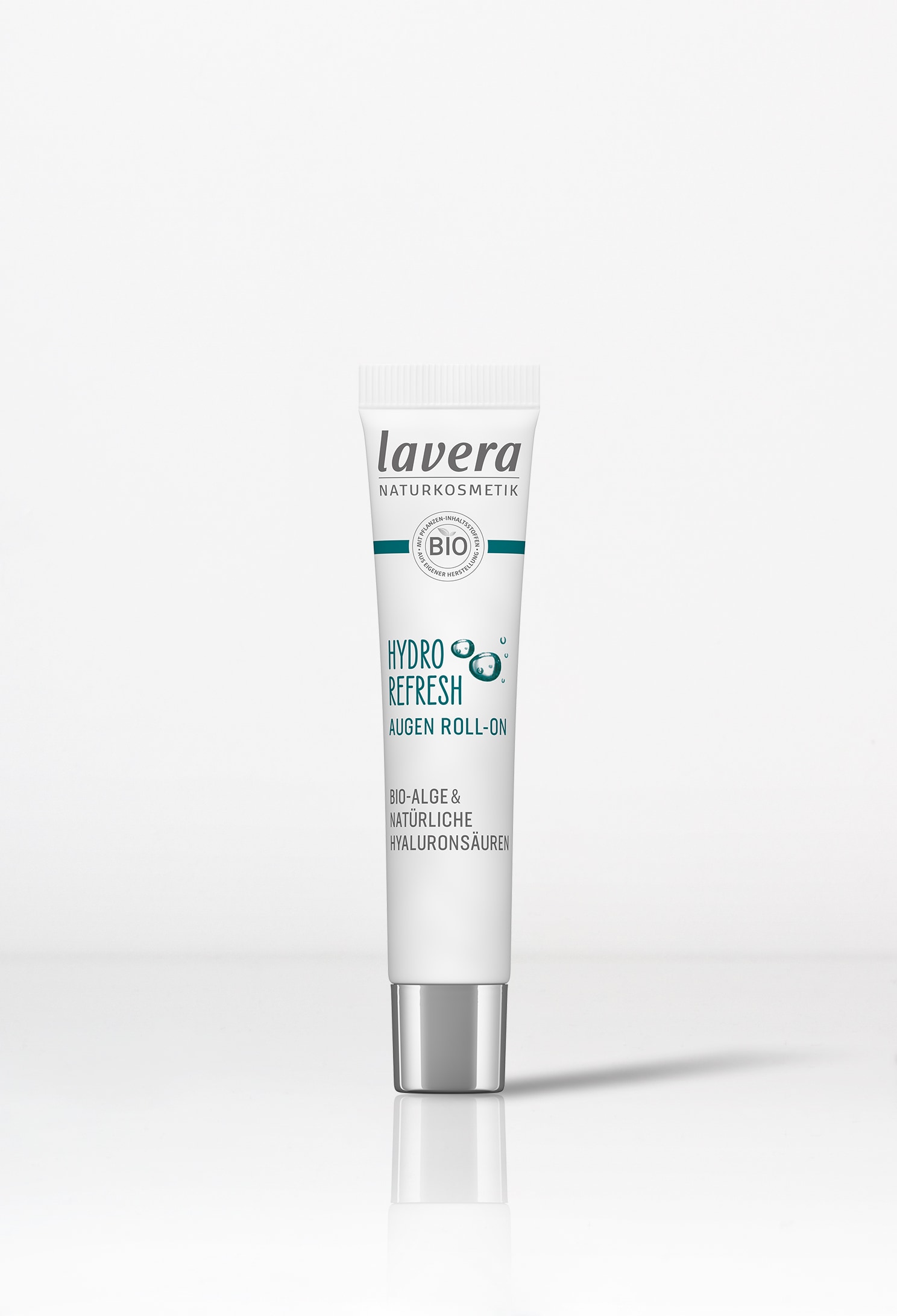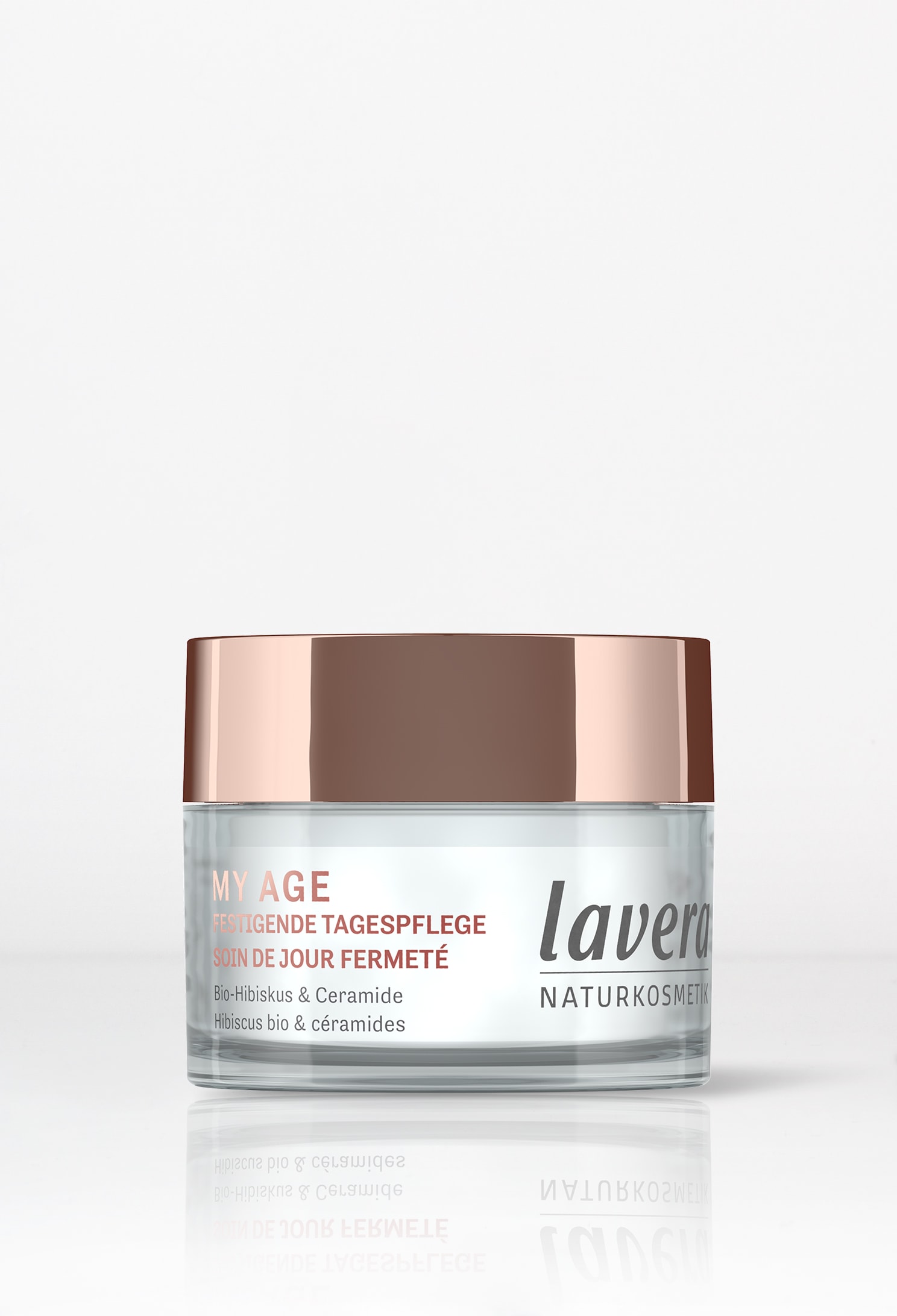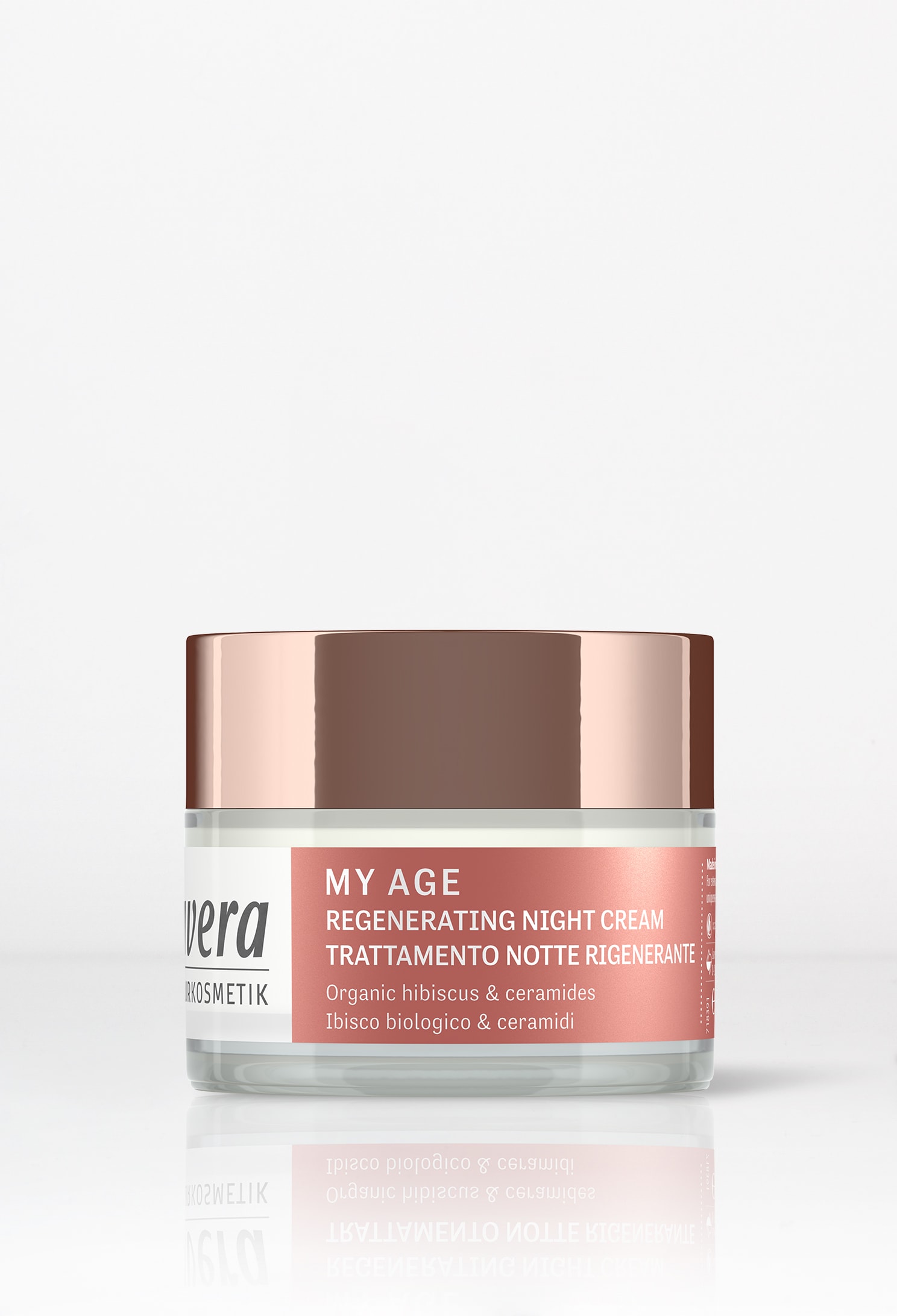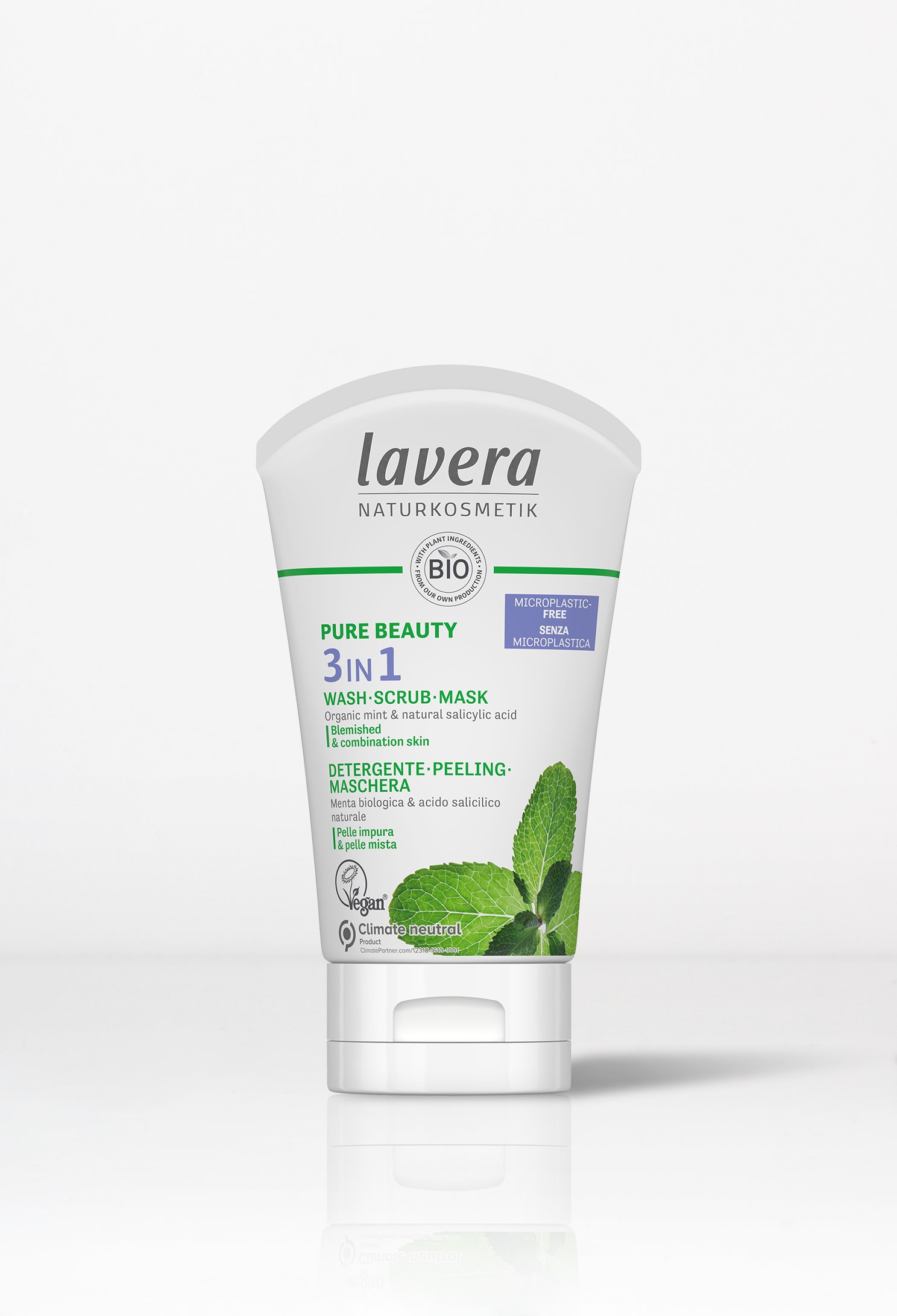Menopause is a natural process in every woman's life, marking the transition into a new phase. During menopause, hormonal changes occur in the female body. The ovaries begin to produce fewer female sex hormones (such as progesterone or estrogen). Due to this decline in hormones and many other changes brought on by menopause, there can be alterations in the skin's condition. Each woman experiences these hormonal changes differently, so symptoms can vary individually.
In this article, you will get an overview of the different skin problems that occur and the appropriate skincare during menopause.
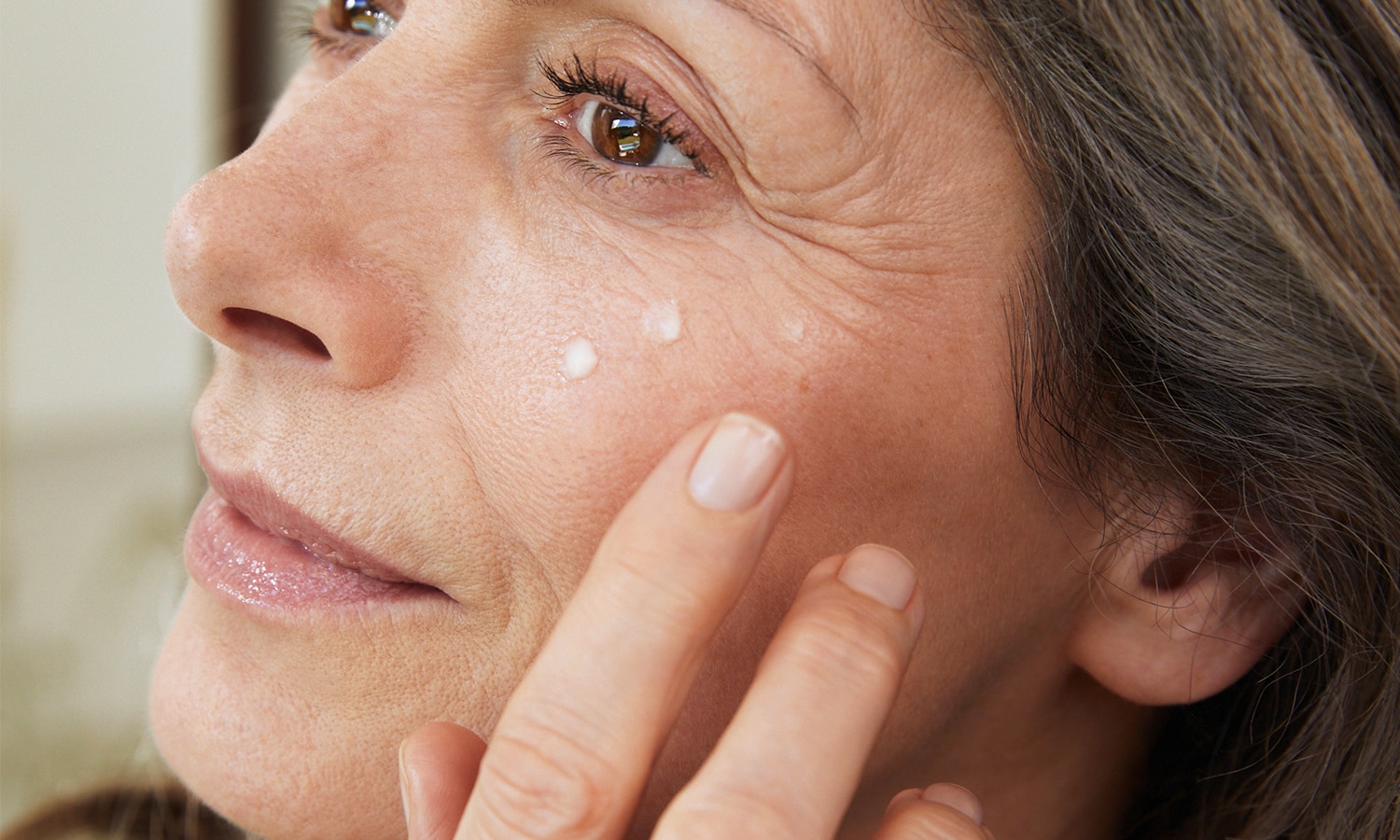
Managing oily skin during menopause requires a holistic approach that considers both skincare and lifestyle. Individual skin needs vary. Therefore, it is important to find the right balance in care. A visit to the dermatologist can also be advisable for severe skin problems, to learn about appropriate treatment options.
Facial Skincare During Menopause
The susceptibility to external irritants, allergic reactions, and sun damage suggests the use of a gentle facial care routine to optimally address the hormonally induced changes:
It is important to tailor the products to your individual needs and skin type. It is also advisable to consult a dermatologist to develop an individual face care and treatment strategy.
Holistic approaches that include healthy living habits such as a balanced diet and stress management can also help promote skin health during menopause.
